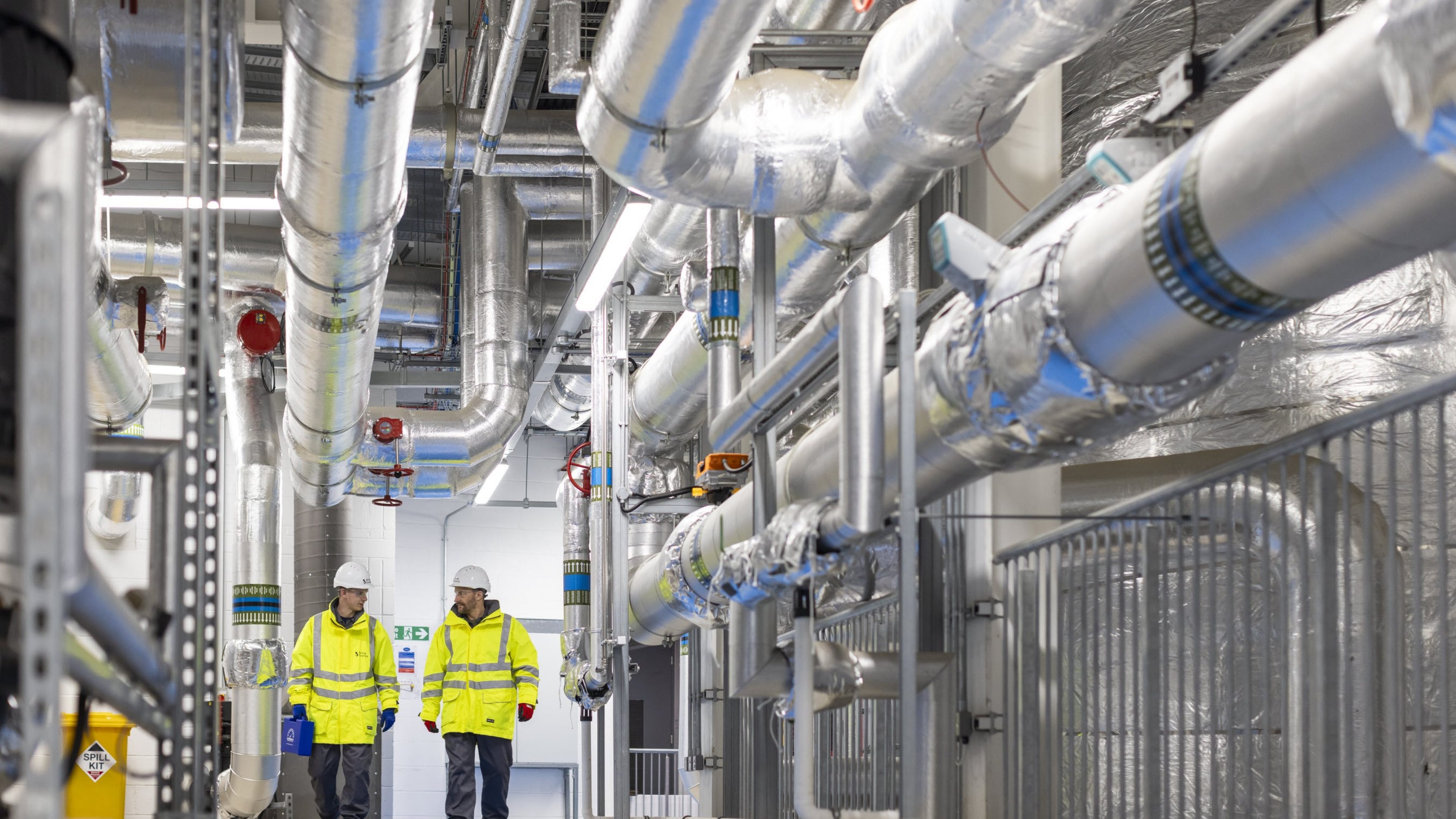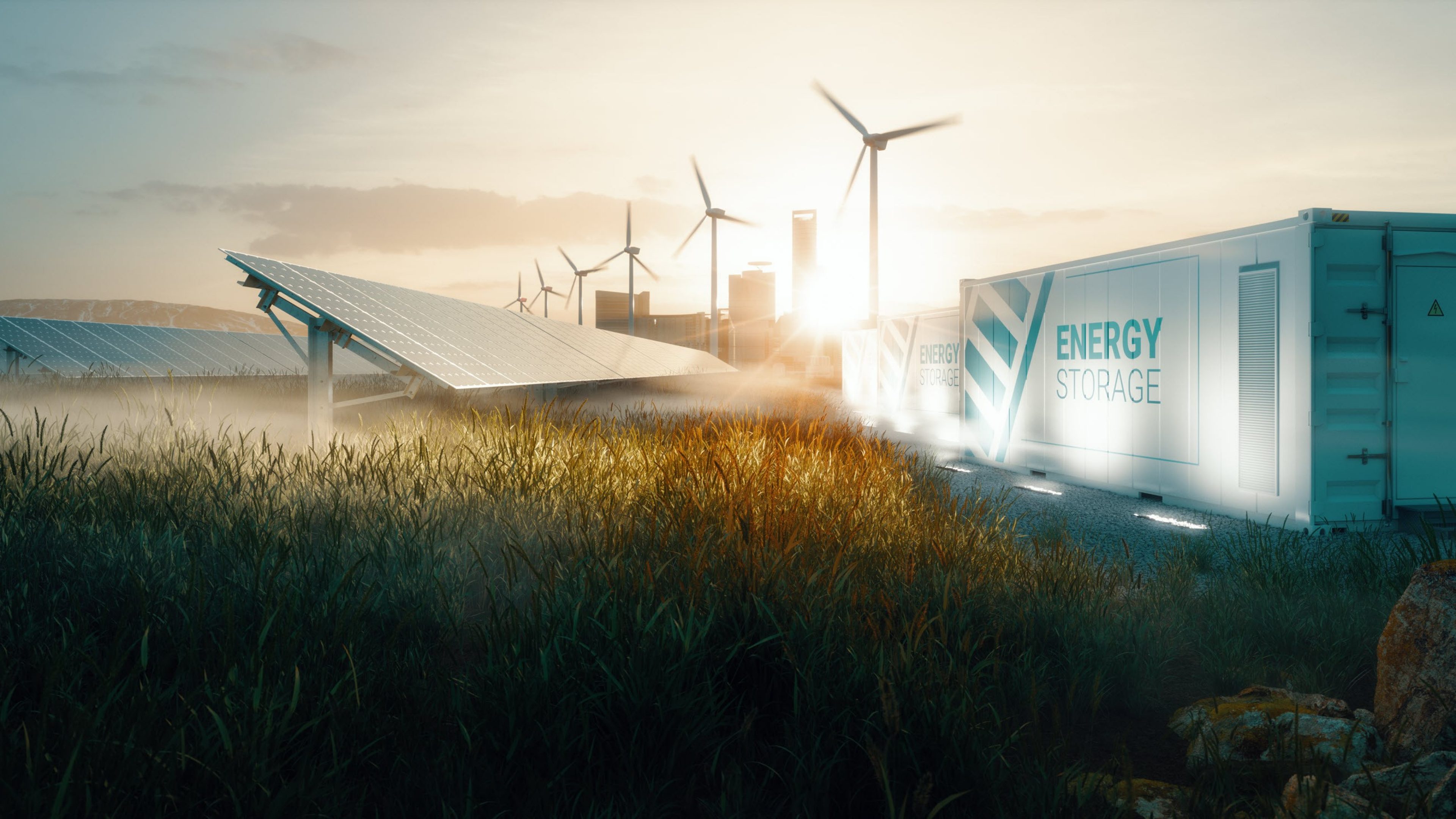Global uncertainties and market turbulence underline the importance of infrastructure investments. A functioning infrastructure guarantees the smooth functioning of the economy, telecommunications, health and transport systems and is therefore indispensable for society.
Many infrastructure investments in the areas of transport, energy, networks, water supply and waste disposal as well as social infrastructure investments such as schools and hospitals need to be modernised or expanded. In addition to the advanced age of the facilities, this is also due to ongoing population growth, urbanisation, changing mobility patterns and the decarbonisation and decentralisation of energy production. The increasing digitalisation with the unstoppable increase in the amount of data to be transmitted also requires better networks. This expansion of infrastructure requires major investments.
Stability for the portfolio
In addition to the usually high initial investments, the characteristics of infrastructure investments include long investment maturities, limited competition, high barriers to entry, large economies of scale and a degree of illiquidity. As an asset class, infrastructure is particularly attractive to investors with a long investment horizon, as the defensive nature of infrastructure investments enables them to bring stability to a portfolio. Long-term and attractive returns can be achieved with calculated risk, with providers usually focusing on high dividend yields.
Diversification is important for infrastructure investments
For the positive characteristics of infrastructure as an investment theme to work, careful project selection is important as the market is not homogeneous. For example, stable dividend yields are typically found in assets that are regulated or where prices and quantities, or even both, are fixed by long-term contracts. However, diversification is also important when it comes to infrastructure investments. The Covid-19 pandemic showed that assets such as airports or toll roads were more heavily affected due to reduced travel activity than, for example, fibre optic lines or power grids, which are essential for modern society.
Regulated utilities, for example in the energy sector, are characterised by particularly good inflation protection and high price transparency. Price developments are linked to a generally accepted inflation index and the prices of purchased goods and raw materials. Certain systemically important suppliers also have state-defined tariff models that define a target profit or guarantee coverage of costs through tariffed prices.
Investments in infrastructure are real values
In a long-term comparison, infrastructure generated a return well above the inflation rate. Even in the absence of explicit or contractually hedged repricing clauses, operators of certain infrastructure investments benefit from demand that tends to be inelastic. This is based on their generally systemically relevant products and services, for which consistent price increases rarely lead to volume-based declines in demand. Furthermore, investments in energy and infrastructure companies are real values. Particularly in an inflationary environment, these have the advantage over nominal values such as bonds that not only prices for input factors but also sales prices can be adjusted to the customer. This has a positive impact on future cash flow and helps to maintain purchasing power.
Longstanding expertise as an infrastructure specialist
Swiss Life Asset Managers has been investing in infrastructure on a global basis for the Swiss Life Group’s insurance companies and third-party clients for many years. Its infrastructure experts manage assets of around CHF 9.8 billion. In addition to investments in European and North American companies, the portfolio also includes numerous investments in Swiss infrastructure companies in the telecommunications and energy sectors.




